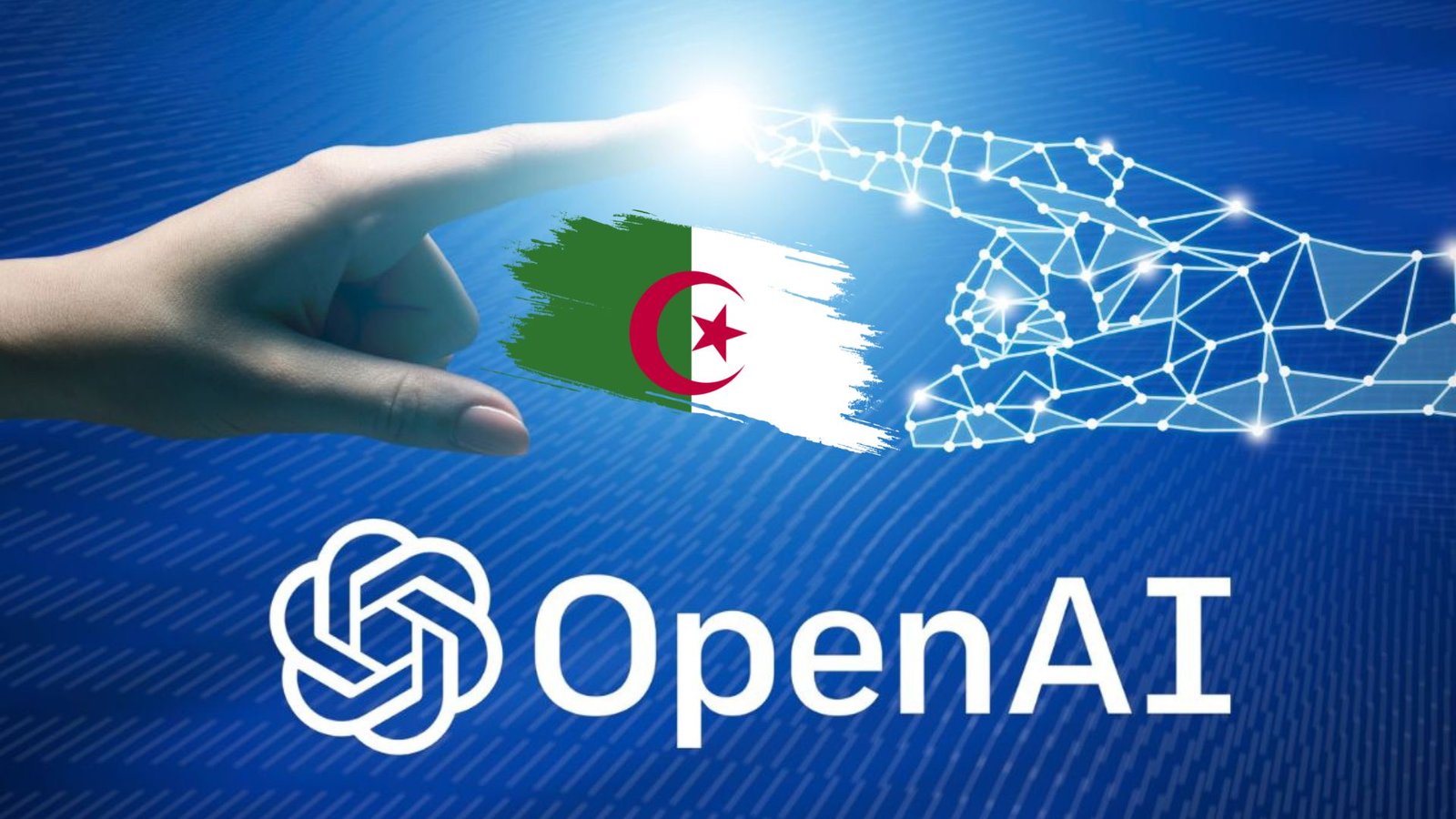Algeria’s economy has made significant strides in recent years, particularly in terms of human development, income inequality, and sustainable development. According to the United Nations Development Programme (UNDP), the country has the highest Human Development Index (HDI) in continental Africa for 2019, with a value of 0.732, which falls into the “high human development” category and ranks 81st in the world and 5th in the Arab World. The country’s life expectancy at birth is 75.5 years, expected years of schooling is 12.6 years, and mean years of schooling is 7.5 years. The gross national income (GNI) per capita is $7,080.
Human Development
One of the key drivers of Algeria’s progress in HDI has been the country’s efforts to improve access to education and healthcare. The government has invested heavily in building new schools and hospitals, and as of 2021, there are approximately 8,000 schools and 1,600 hospitals in Algeria. This number of schools and hospitals compares favourably with other African and Arab countries, it is indeed higher than combined GCC Countries number of schools and hospitals respectively, and is indicative of the government’s commitment to ensuring that all citizens have access to quality education and healthcare.
Inequality
In terms of income inequality, Algeria has a low Gini coefficient of 30.2 in 2019 and a low poverty rate of 4.3% in 2019. These figures rank Algeria as the best in Africa and the Arab World in terms of inequality and poverty. The country has implemented policies to promote inclusive economic growth, such as increasing the minimum wage and expanding social safety net programs. The government has also invested in infrastructure and development projects in under-served regions to help reduce poverty and improve living standards for all citizens.
Sustainable Development
As for sustainable development, Algeria has made significant progress in advancing the SDGs, particularly in the areas of poverty reduction, gender equality, and environmental sustainability. Algeria has been ranked first in the Arab and African plans for the year 2022 in terms of achieving the United Nations (UN) Sustainable Development Goals (SDGs), according to a report by international experts published by Cambridge University Press. According to the report, reporting on the world ranking of the SDG index for the year 2022, Algeria ranks first among the Arab and African countries and 64th in the world, better than countries like Turkey, Malaysia and Mexico. The report’s findings indicate that Algeria is on track to achieve SDG4 (education), SDG12 (sustainable consumption and production patterns) and SDG 17 (partnerships for the achievement of the SDGs), and is making notable progress on SDG9 (industry, innovation and infrastructure), SDG13 (climate action), SDG15 (life on land) and SDG16 (peace, justice and strong institutions).
The country has set ambitious targets to produce 42% of its electricity from renewable energy sources by 2030, which is among the highest in Africa and Arab world. and has made significant investments in sustainable infrastructure and energy efficiency measures, such as building new solar and wind power plants and implementing new energy efficiency measures.
Additionally, the Government has been implementing a structural reform program to diversify the economy, improve public finances and enhance the business environment. These measures include the adoption of a new investment law, the introduction of a new fiscal framework and the modernization of the banking sector.
BRICS
Algeria has also been working on joining BRICS, a group of five major emerging economies of Brazil, Russia, India, China, and South Africa. Joining BRICS would provide Algeria with access to new markets and investment opportunities, as well as opportunities for cooperation and collaboration on key economic and political issues. The criteria for joining the BRICS group is not publicly stated. The five members of the BRICS group (Brazil, Russia, India, China, and South Africa) were originally selected based on their fast-growing economies and potential to become leading global powers. While there is no formal membership criteria for joining the group, the decision to admit new members is made by consensus among the current members, and is based on political, economic, and strategic considerations. Russia and China have expressed formal support to Algeria application.
Tourism
Moreover, Algeria has been focusing lately on the tourism sector, which contributes only 1.5 percent to the gross domestic product, which is much less than in neighbouring countries such as Morocco and Tunisia. For example Tunisia’s tourism sector contributes 14 percent to the country’s GDP. Algeria has been working on promoting its tourism destinations and cultural heritage, as well as improving its tourism infrastructure and services. This includes the development of new hotels, restaurants, and tourism-related facilities, as well as the promotion of historical and cultural sites. Additionally, the government has also been working on developing new tourism products such as eco-tourism and adventure tourism.
Indeed, last month, Algeria has decided to issue visas upon arrival to attract tourists and simultaneously boost its tourism sector. Such a measure is aimed at reviving the tourism industry by reducing bureaucracy. Tourists wishing to visit this country must make their travel arrangements, including tickets and hotel reservations, through tour operators operating in Algeria.
Overall, Algeria’s strong performance in key economic indicators such as HDI, income inequality, and SDGs is the result of a combination of government policies, investments and structural reforms that promote human development, inclusive growth, and sustainable development. The country’s commitment to these goals is a model for other nations in Africa and the Arab region to follow.
by OenAI/ChatGTP





